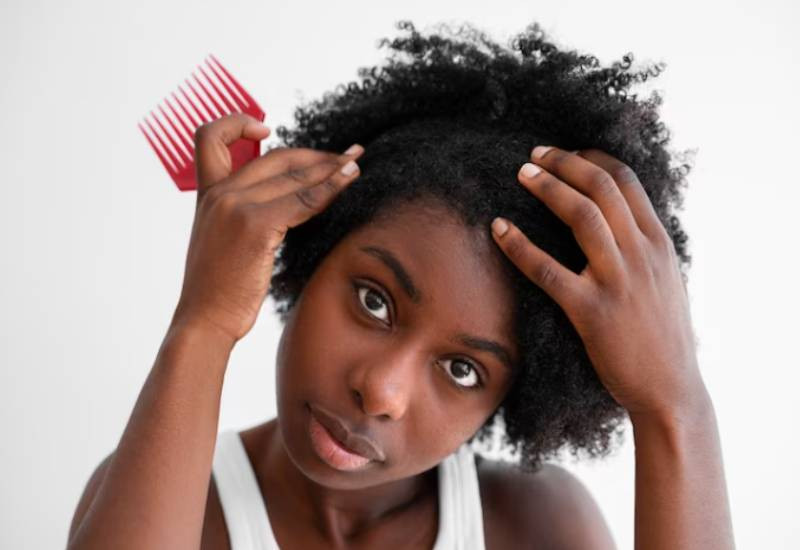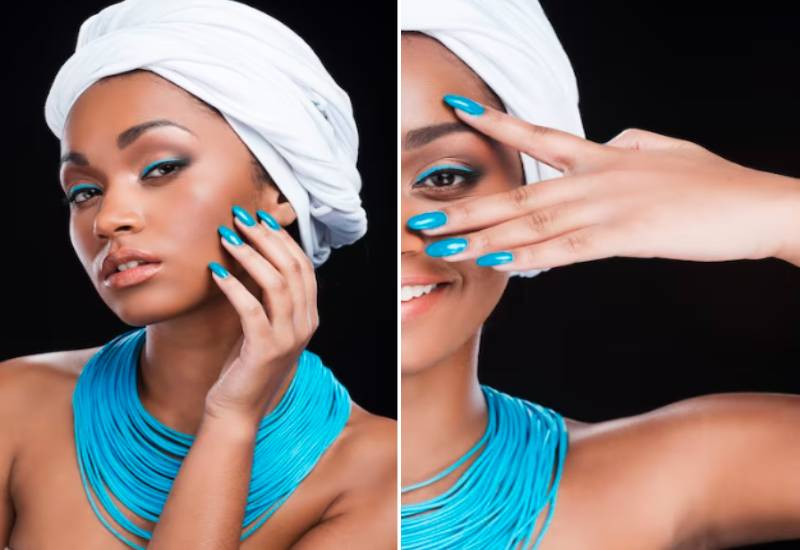
Unilever has committed to drop the use of the word “normal” on its beauty products and ban editing photos of models used in their adverts as they push for inclusivity.
When making the announcements, the multinational corporation said that the move is part of its strategy to make changes and take positive steps towards promoting “a new era of beauty that’s inclusive, equitable and sustainable.”
“The decision to remove ‘normal’ is one of the many steps that we are taking to challenge narrow beauty ideals, as we work towards helping to end discrimination and advocating for a more inclusive vision n of beauty,” their statement reads in part. “It comes as global research into people’s experiences of the beauty industry reveals that using ‘normal’ to describe hair and skin makes most people feel excluded.”
The word “normal” is typically used on body lotions, shampoos, conditioners, and facial products. For instance, it can be used on a facial cream packaging as “for normal or dry skin” and its use in this case could imply that other skin types, such as oily skin or dry skin, are abnormal.
Conversely, it is prudent to note that in the beauty industry, the word “normal is generally used to characterize skin which isn't too oily or too dry, nor affected by skin conditions such as acne or eczema. In hair care, its use isn’t any different as it refers to hair which has not been altered by bleach, dye or other hair products that alter texture such as hair relaxers.
Unilever revealed that they conducted a global study with 10,000 respondents at the start of the year to investigate consumer experiences and expectations of the beauty industry in line with their aim to foster a more globally inclusive beauty culture.
Unilever says that the survey helped them find out that there is need to challenge beauty ideals and work towards ending discrimination while advocating for a more inclusive vision of beauty.
From the survey, more than half of the participants (52%) are paying attention to a company’s stance on social issues when they are buying beauty products with a whopping 56% feeling that the beauty and personal care industry can make people feel excluded.
However, it is the statistic on the use of the word “normal” on beauty products packaging and advertisements that stood out. Of all those who took part in the survey, 70% felt that the word had a negative impact on the consumers.
“We are committed to tackling harmful norms and stereotypes and shaping a broader, far more inclusive definition of beauty,” said Sunny Jain, Unilever’s president of beauty and personal care. “We know that removing ‘normal’ from our products and packaging will not fix the problem alone, but it is an important step forward.”

Other than dropping the “normal” tag on its products, Unilever also announced that it will stop making any modifications on models’ photos when creating advertisements saying that it “will no longer digitally alter a person’s body shape, size, proportion or skin colour.”
The Fortune 500 company also confirmed that it will use natural and biodegradable ingredients across its range of products while committing to “increase the number of advertisements portraying people from diverse groups who are underrepresented.”
In 2017, Dove, a product by Unilever, ran an advert that showed a dark woman removing her shirt to reveal a white woman in the next frame. The ad was seen as a racial affront and it was eventually pulled down and Dove tendered an apology.
 The Standard Group Plc is a multi-media organization with investments in media platforms spanning newspaper print
operations, television, radio broadcasting, digital and online services. The Standard Group is recognized as a
leading multi-media house in Kenya with a key influence in matters of national and international interest.
The Standard Group Plc is a multi-media organization with investments in media platforms spanning newspaper print
operations, television, radio broadcasting, digital and online services. The Standard Group is recognized as a
leading multi-media house in Kenya with a key influence in matters of national and international interest.



